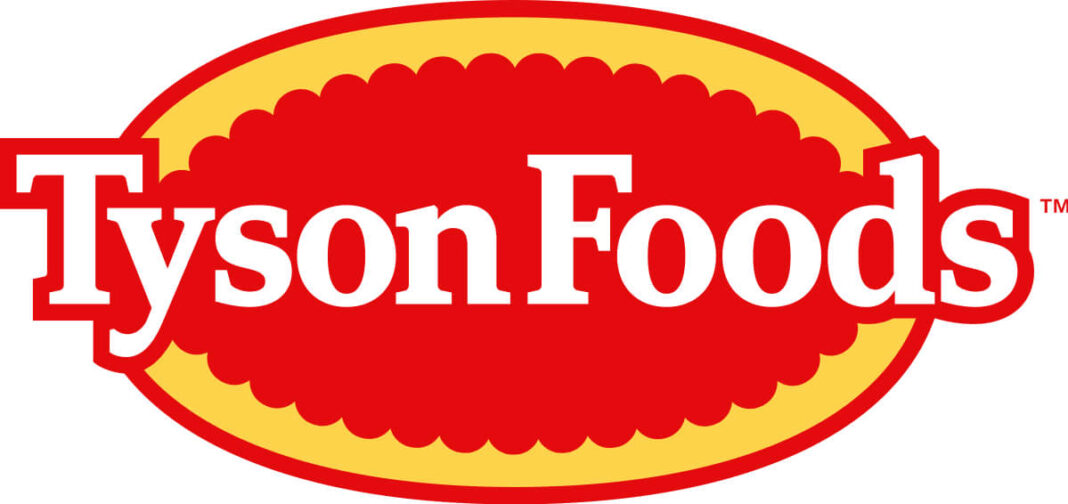Tyson Foods, a major force in the U.S. meat production industry, faces significant legal challenges. These lawsuits raise questions about Tyson’s business practices, market strategies, and environmental claims. For anyone following the developments in the agricultural sector, understanding the intricacies of these lawsuits is crucial.
Is There a Lawsuit Against Tyson Farms?
Yes, Tyson Farms is currently entangled in various lawsuits that could reshape its future operations. These legal proceedings include claims from poultry farmers and environmental organizations, as well as an enforcement action by the Securities and Exchange Commission (SEC). Each complaint addresses different facets of Tyson’s operations, from contractual issues with farmers to misleading environmental practices.
What is the Tyson Farms Lawsuit About?
The lawsuits against Tyson Farms primarily focus on two areas: its relationships with poultry farmers and its environmental claims. A group of poultry farmers has sued Tyson for contract breeches, accusing the company of financial manipulation. Additionally, lawsuits challenge Tyson’s marketing of its products as environmentally friendly, alleging that these claims are misleading. These lawsuits are complex and reveal much about the agricultural industry.
Tyson Farms Overview
As one of the largest meat producers in the United States, Tyson Foods has a substantial influence on the poultry and beef markets. With a history dating back to the 1930s, the company has grown into a powerhouse controlling a significant share of the market. Tyson’s operations span across the globe, but its dominant market position also brings scrutiny. This backdrop sets the stage for the legal challenges Tyson currently faces.
Legal Proceedings and Current Status
The legal battles Tyson is involved in are at various stages of proceedings. The poultry farmers’ lawsuit was initiated in December 2023. This lawsuit accuses Tyson of breaking contracts and causing financial harm by closing the Dexter Complex in Missouri. The sale of this plant to Cal-Maine Foods has raised antitrust concerns, as it includes conditions that prevent its use by rival firms. Tyson’s alleged intimidation tactics towards farmers and the media further complicate the case.
In parallel, greenwashing lawsuits challenge Tyson’s environmental claims. Organizations such as the Environmental Working Group argue that Tyson’s commitments to net-zero emissions by 2050 are neither credible nor transparent. These cases highlight the tension between corporate environmental marketing and actual sustainability practices.
The SEC’s involvement, derived from historical issues concerning misleading disclosures, adds another layer of complexity. Tyson settled with the SEC over charges related to inaccurate reporting of benefits for its former Chairman and CEO.
Who Filed the Lawsuit?
The plaintiffs in these lawsuits are diverse. The lawsuit concerning poultry contracts includes farmers like Hinkle, who claim Tyson’s actions resulted in severe financial losses. This group represents a collective voice of those directly impacted by Tyson’s operational decisions.
The environmental lawsuits are spearheaded by organizations such as the Environmental Working Group, which focus on ensuring corporate accountability for environmental impacts. These groups aim to curtail misleading claims that exploit consumer demand for sustainable practices without actual corporate changes.
Impact on Tyson Farms
The impact of these lawsuits on Tyson Farms could be substantial. Financially, litigation and potential settlements bring inevitable costs. Furthermore, these legal battles could tarnish Tyson’s reputation among consumers increasingly aware of and concerned with ethical and environmental considerations in their purchasing decisions.
A significant aspect of the poultry farmers’ lawsuit is the antitrust claim, which questions Tyson’s market dominance and pricing strategies. If this case progresses unfavorably for Tyson, it could lead to regulatory actions altering its market operations.
On the environmental front, the lawsuits against Tyson might force the company to enhance transparency and genuine environmental practices. Changes may include more rigorous greenhouse gas assessments and investment in sustainable processes.
What Will Happen Next?
Predicting the exact outcome of these lawsuits is challenging, but the proceedings will likely continue to unfold over the coming years. The poultry farmers’ lawsuit could lead to a reevaluation of Tyson’s contract practices and market strategies. Should the antitrust claims hold merit, regulatory scrutiny might lead to broader industry shifts.
With the environmental lawsuits, Tyson might face increased pressure to validate its sustainability commitments. Whether through court rulings or settlements, these cases could encourage Tyson to adopt more transparent environmental reporting standards.
The SEC case, although settled, serves as a reminder of the importance of regulatory compliance and transparency for large corporations.
Conclusion
Tyson Farms’ involvement in these lawsuits underscores the legal and ethical challenges faced by corporations in the agriculture industry today. From contract disputes with farmers to scrutiny of environmental claims, these cases highlight significant issues. As Tyson navigates these legal waters, the outcomes will likely influence not only its operations but also broader industry practices. Keeping informed about these developments is essential for anyone interested in the evolving dynamics of agriculture and food production. For the latest updates on this story, be sure to check Wise Business Mag for comprehensive coverage.

